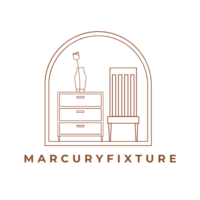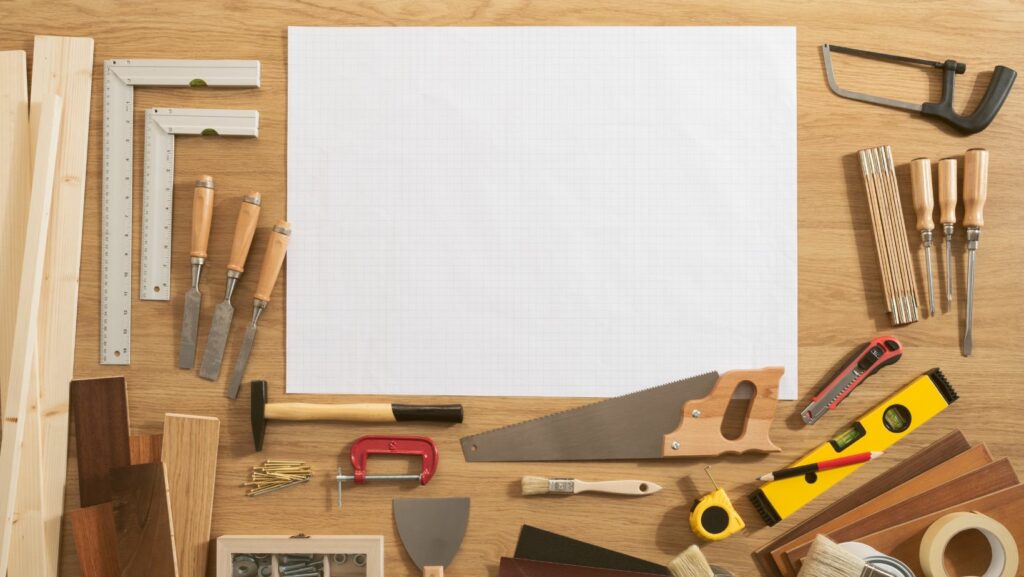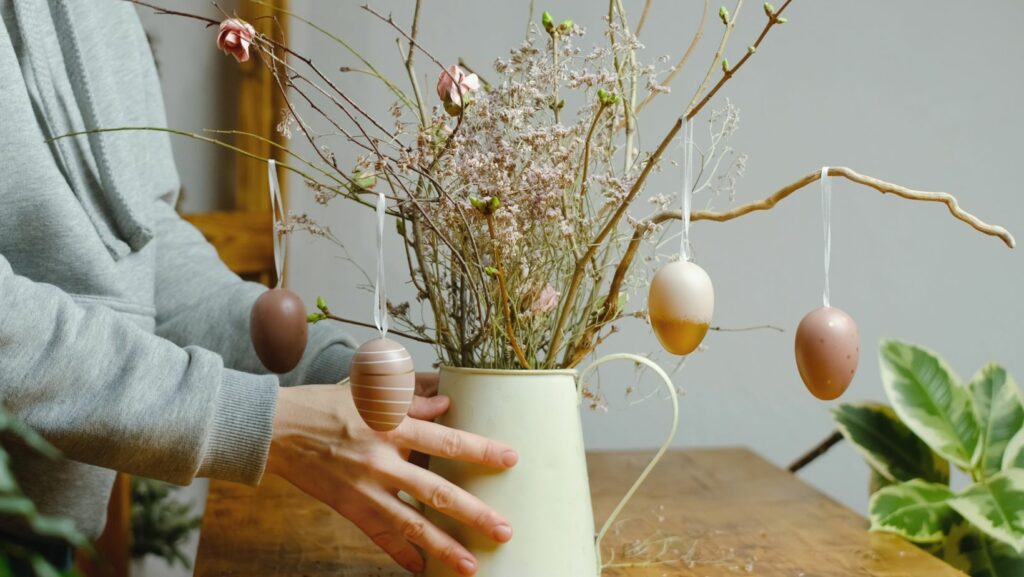In the realm of DIY, woodworking holds a special place. It’s a hobby that doesn’t just offer a creative outlet, but also a lucrative opportunity. For those with a knack for crafting, selling DIY wood projects can turn their passion into profit.
DIY Wood Projects to Sell

DIY wooden items captivate customers with their natural aesthetic and functionality. High-demand items include jewelry boxes, due to their intricate details and utility. Picture frames, creatively designed and available in various sizes, possess audience appeal as well. Wall shelves, with their dual utility of storage and home decor, continue to command attention. Wine racks, catering to wine enthusiasts and spotlighting elegance, remain marketable. Finally, wooden coasters, practical household items with potential for unique design elements, round out the list. Each project doesn’t just make for a satisfying crafting experience but also champions a hefty sales potential.
Essential Tools and Materials
Delving into DIY wood projects necessitates possessing a set of specific tools and materials. Foremost on the list, a quality saw makes precise cuts, enhancing project outcomes. Saws come in various types, including table, circular, and jigsaw, each serving different purposes. For example, a circular saw provides efficiency in making straight and beveled cuts, whereas a jigsaw enables intricate curved cuts.
In addition, a sanding block proves indispensable for smoothing project surfaces, improving the final touch and appearance. For this, one might opt for manual sanding blocks or electric sanders, such as a random orbital sander.
Also, investing in high-quality wood glue ensures durable and strong joints in the assembly process. For instance, Titebond III Ultimate Wood Glue is popular amongst DIY enthusiasts for its superior strength and water-resistance characteristics.
Finally, an assortment of nails, screws, and adjustable clamps streamline the assembly and fastening process. These materials affect the finished product’s stability – from small pieces like picture frames to larger ones like wall shelves. For example, stainless-steel screws provide extra strength and longevity, while adjustable clamps maintain stability during the drying period.
Must-Have Tools for DIY Woodworking
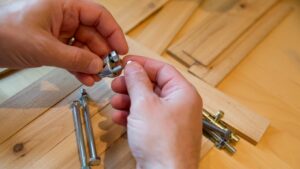
Jumping into the realm of DIY woodworking demands certain tools for reliable and high-grade creations. A circular saw, commonly used for making straight cuts, determines the final shape. Examples of such saws include the DeWalt DWE575SB and the Makita 5007MGA. Drills, particularly the cordless variants like the DeWalt DCD771C2 and the Makita XFD131, propagate holes and drive screws, serving as indispensable components of every woodworking task.
Furthermore, a random orbital sander serves to smoothen rough surfaces, making it a compulsory tool for any woodworking project. Renowned models include the Bosch ROS20VSC and the Black & Decker BDERO100. Similarly, clamps, like the IRWIN Tools Quick-Grip and the Jorgensen 3706-LD, ensure the steadfast assembly of wooden components.
Last but not least, safety equipment including safety glasses such as the NoCry Over-Glasses and the DEWALT DPG94-1C, and ear protection like the 3M Worktunes Wireless, are undeniably crucial to avoid accidents while operating tools. Emphasizing such safety precautions assures the high-quality work that customers seek, thus justifying a competitive price for the finished product.
Marketing Your DIY Wood Projects
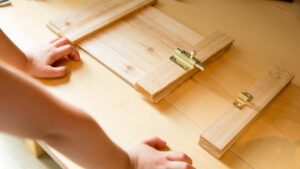
So, you’ve got your tools and you’ve honed your woodworking skills. You’ve created beautiful pieces, from small boxes to grand bookcases, all with impeccable workmanship. Now, it’s time to get these items out there. Emphasize on the quality of your materials and the time you’ve invested in each piece. Remember, your pricing should reflect not just the cost of materials but also the hours you’ve poured into each project.
Next, keep an eye on the trends. Whether it’s rustic decorations, farmhouse-style furnishings, or modern designs, staying relevant is key to attracting a broad buyer base. Safety isn’t just for you – it’s a selling point. Assure your buyers that each piece was created with utmost care, using top-notch safety equipment.
Finally, remember that marketing is a continuous process. Keep refining your strategies and stay open to new opportunities. With the right approach, your DIY wood projects won’t just be a hobby, they’ll be a profitable venture.
